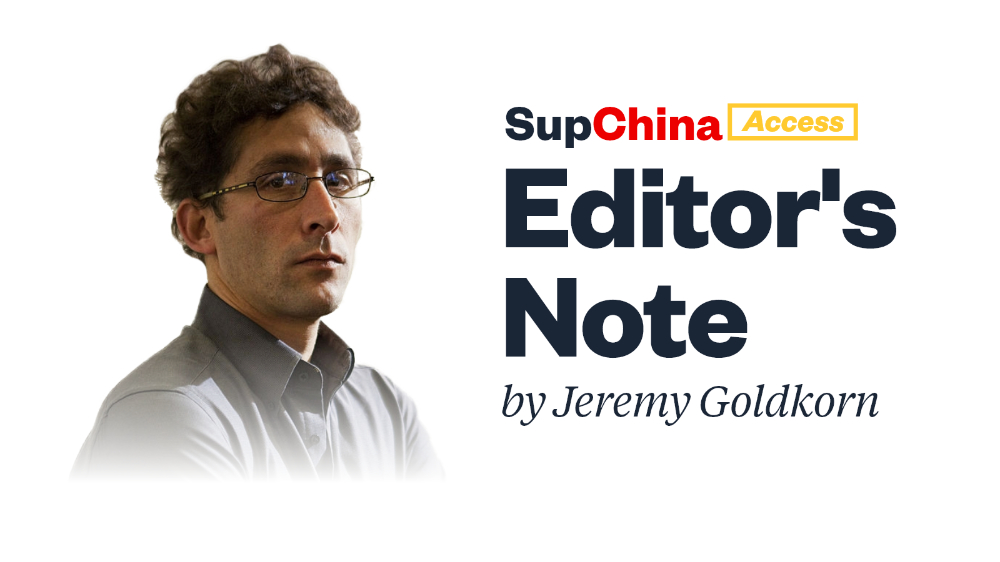Editor’s note for Friday, August 14, 2020
A note from the editor of today's The China Project Access newsletter.

If our emails don’t show up in your inbox, this should help:
- Gmail: Drag email to your primary inbox.
- Apple Mail and Outlook: Add us to your VIP list/favorites.
Please email subscriptions@thechinaproject.com (or reply to this email) if you need any other help with your account.
My thoughts today:
The Economist magazine is not the first publication to use “Xinomics” to refer to the economic policies of the Xí Jìnpíng 习近平 government, but it is the first to offer a definition:
Xinomics has three elements. First, tight control over the economic cycle and the debt machine. The days of supersized fiscal and lending binges are over…
The second strand is a more efficient administrative state, whose rules apply uniformly across the economy…Red tape has been trimmed: it now takes nine days to set up a company…
The final element is to blur the boundary between state and private firms. State-run companies are being compelled to boost their financial returns and draw in private investors. Meanwhile the state is exerting strategic control over private firms, through party cells within them.
The editors of The Economist say that “Xinomics has performed well in the short term.” And although they advise that “diffuse decision-making, open borders and free speech are the magic ingredients” behind long-term success, they seem barely to believe it, as the piece concludes with a different kind of warning, for the West:
America and its allies must prepare for a far longer contest between open societies and China’s state capitalism…The strength of China’s $14 trillion state-capitalist economy cannot be wished away. Time to shed that illusion.
Our word of the day is DCEP, or digital currency electronic payment, the new blockchain-based money known in Chinese simply as 数字人民币 shùzì rénmínbì. This literally means “digital renminbi.”
—Jeremy Goldkorn, Editor-in-Chief






